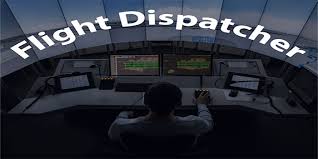Flight dispatch( FD) is the unsung hero of the aviation enterprise, chargeable for making sure the clean and efficient operation of flights from planning to landing. It encompasses a range of duties, consisting of weather analysis, path planning, verbal exchange with pilots and air traffic management, and adherence to protection protocols and policies. By mastering flight dispatch, airlines can enhance operational efficiency, enhance protection, and deliver an advanced journey enjoyed for passengers. With the usage of the superior era and a focal point on continuous development, flight dispatch plays a vital function in preserving the skies secure and the journeys seamless.
Introduction
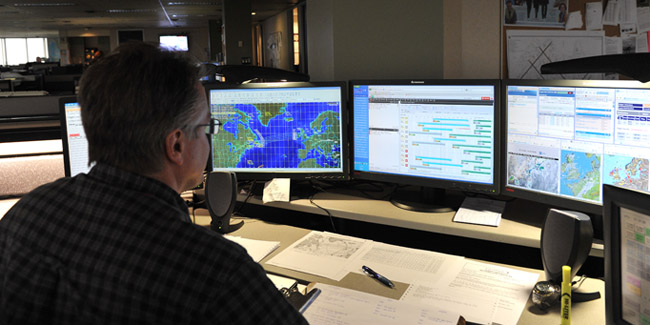
The Importance of Flight Dispatch in Aviation
Picture this: an orchestra without a conductor. Chaos, proper? Well, within the global of aviation, flight dispatch performs the function of that conductor, ensuring that each flight operates smoothly, correctly, and most importantly, effectively. FD is the pulse of airline operations, orchestrating the problematic dance between planes, crews, and air visitors.
The Significance of Smooth Operations for Airlines
Now, permit communication enterprise. For airways, clean operations aren’t just a nicety – they’re a necessity. Picture the ripple impact of an unmarried behind schedule flight: missed connections, disgruntled passengers, and capacity revenue loss. Smooth operations are the lifeline of airways, retaining the whole thing walking like a properly-oiled gadget and ensuring satisfied clients at the end of the adventure.
Preview of What the Guide Will Cover
So, what can you assume from this ultimate guide to learning flight dispatch? Here’s a sneak peek:
- Understanding the fundamentals: We’ll smash down what FD is all about and why it’s so essential inside the grand scheme of aviation.
- Essential components: From pre flight making plans to actual-time monitoring, we’ll discover the nuts and bolts of effective flight dispatch.
- Best practices: Learn from the professionals as we delve into the strategies and strategies that separate the best dispatchers from the notable ones.
- Challenges and answers: No journey is without its bumps, and we’ll talk about common demanding situations confronted by flight dispatchers and a way to navigate them like a seasoned person.
- Case research: Get stimulated by using real-existence success memories of airlines which have mastered the art of flight dispatch, and discover what units them aside.
Understanding
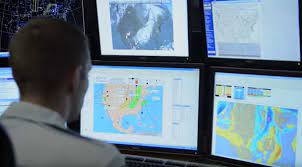
Definition and Role of FD in Airline Operations
Picture flight dispatchers due to the fact the maestros of the aviation orchestra, enticing inside the symphony of flights with precision and finesse. FD entails the meticulous making plans, coordination, and execution of every detail of a flight, from pre flight arrangements to place up-flight debriefings. In simple phrases, it’s the inside the again of-the-scenes magic that ensures planes take off and land efficiently, on time, whenever.
Importance of Effective FD for Safety and Efficiency
Now, permit’s speak about why powerful flight dispatch is the cornerstone of airline operations. Imagine a flight without right planning or coordination – it’s like seeking to navigate a maze blindfolded. Effective flight dispatch isn’t pretty much getting from thing A to aspect B; it’s about doing so inside the maximum steady, most green manner feasible. Here’s why it topics:
- Safety first: Flight dispatchers play a vital function in assessing climate conditions, plane usual performance, and route optimization to ensure the protection of passengers and team.
- Efficiency is high: By optimizing flight routes, gas usage, and organization schedules, flight dispatchers help airways operate greater correctly, saving on every occasion and money.
Key Responsibilities of Flight Dispatchers
So, what exactly do flight dispatchers do behind the scenes? Here’s a glimpse into their worldwide:
- Pre-flight making plans: Analyzing weather information, calculating fuel necessities, and plotting top of the road flight routes.
- Coordination with stakeholders: Communicating with pilots, air visitors manage, and floor body of workers to make sure seamless operations.
- Real-time tracking: Keeping a near eye on flight progress, weather updates, and potential disruptions, and making informed picks to make certain safe and inexperienced flights.
Essential Components
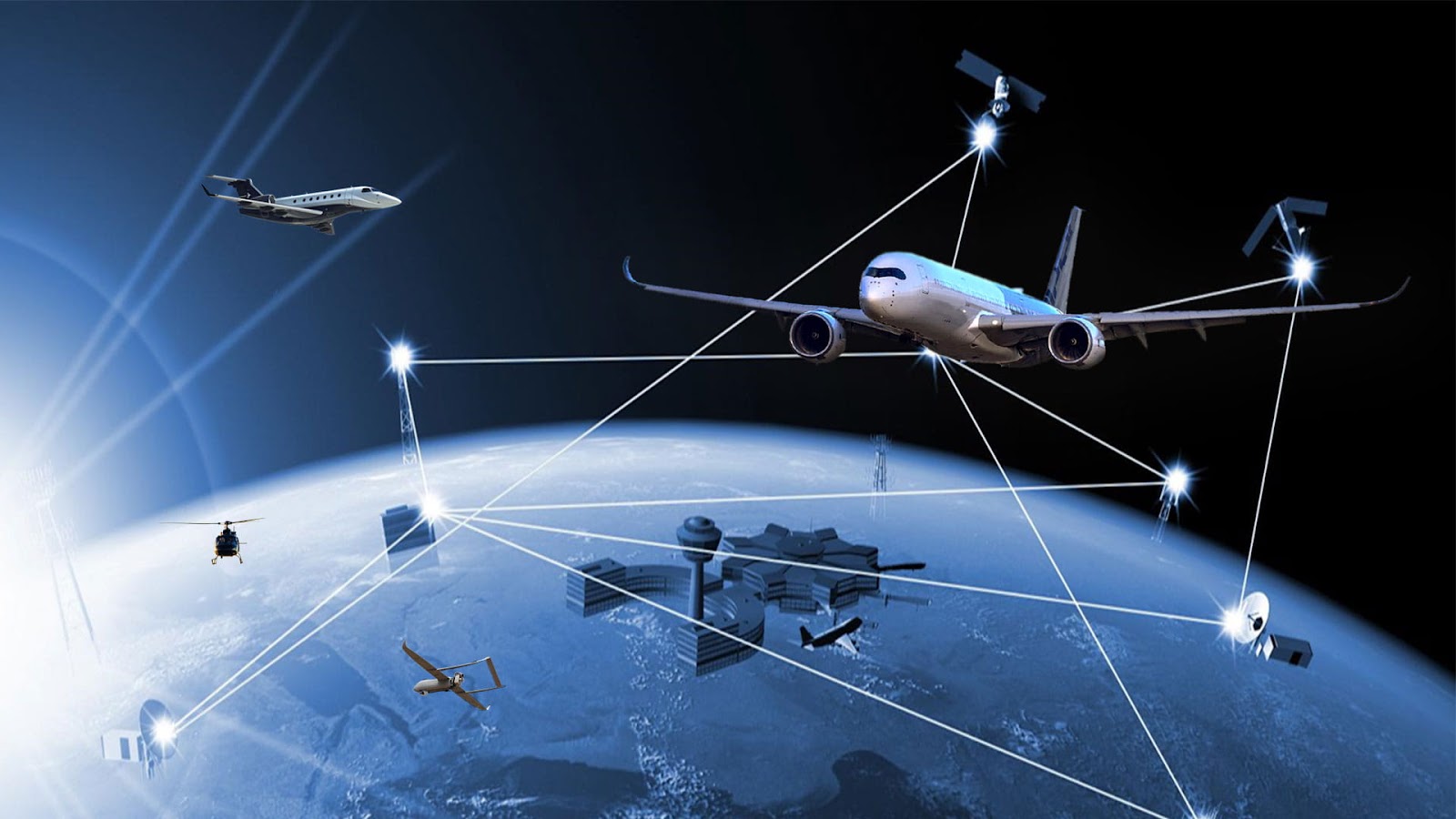
Pre-flight Planning Procedures
Weather Analysis and Its Impact on Flight Planning:
- Weather can be a flight’s high-quality pal or worst enemy. Flight dispatchers meticulously analyze weather forecasts to expect potential dangers together with turbulence, thunderstorms, or strong winds.
- Understanding how weather conditions might affect the flight lets dispatchers make knowledgeable selections about direction adjustments or flight delays, prioritizing passenger safety primarily.
Aircraft Performance Calculations:
- Ever wonder how planes appear to defy gravity? It’s all approximately the numbers. Flight dispatchers crunch records to calculate the plane’s performance metrics, which includes gas consumption, takeoff and landing distances, and cruising speeds.
- Accurate overall performance calculations make sure that the aircraft operates inside its secure limits, optimizing fuel efficiency and maximizing the aircraft’s capabilities.
Route Planning and Optimization:
- Think of course planning as plotting the most efficient path from factor A to point B. Flight dispatchers take into account factors consisting of air site visitors congestion, airspace regulations, and gas efficiency whilst figuring out the optimal flight direction.
- By optimizing routes, flight dispatchers help lessen flight times, reduce gasoline costs, and beautify typical operational performance.
Communication Protocols and Coordination with Various Stakeholders
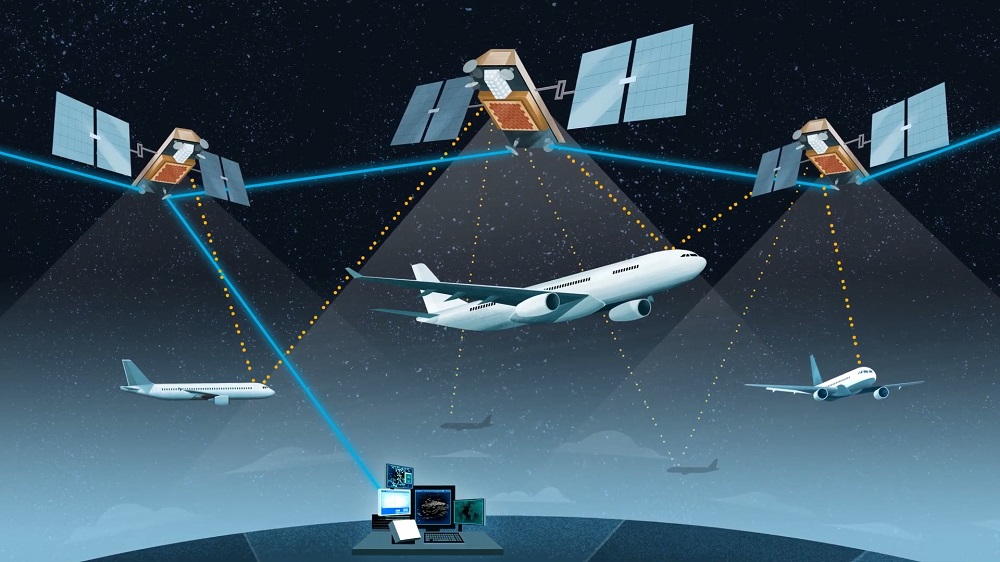
Collaboration with Pilots, Air Traffic Control, and Ground Staff:
- Communication is the glue that holds the complete operation together. Flight dispatchers paint closely with pilots, air visitors controllers, and floor workforce to ensure everybody is at the same web page.
- Whether it’s coordinating departure instances, receiving updates on climate situations, or relaying important facts to the flight team, effective communique is key to secure and green flight operations.
Emergency Procedures and Contingency Planning:
- In aviation, preparedness is paramount. Flight dispatchers broaden comprehensive emergency processes and contingency plans to handle sudden situations such as mechanical disasters, medical emergencies, or unfavorable climate activities.
- By having contingency plans in place, flight dispatchers can respond unexpectedly and successfully to unexpected occasions, minimizing disruptions and ensuring the safety and well-being of passengers and crew.
Utilization of Technology in Modern FD

Overview of Flight Dispatch Software and Tools:
- Welcome to the digital age of flight dispatch. Modern dispatchers depend on state-of-the-art software programs and tools to streamline their operations and beautify selection-making.
- From advanced weather tracking structures to route optimization software programs, these gears empower flight dispatchers to make statistics-pushed choices and reply proactively to converting situations.
Integration with Other Airline Systems:
- Collaboration is key in the world of aviation. Flight dispatch structures seamlessly combine with different airline structures which includes group scheduling, protection tracking, and flight operations management.
- This integration guarantees that each one department is working in sync, optimizing resource allocation and improving normal operational performance.
Best Practices for Effective Flight Dispatch
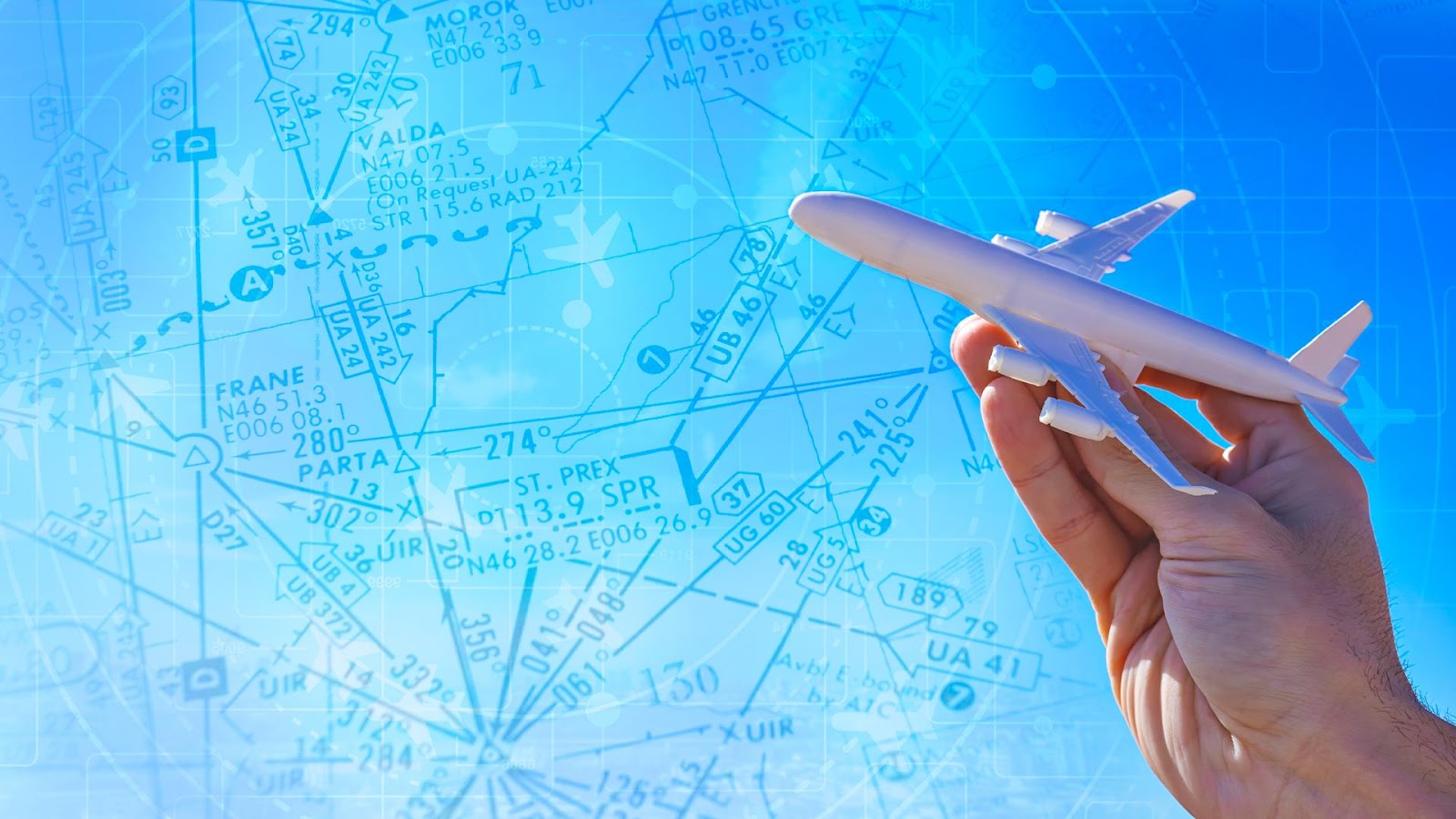
Real-time Monitoring and Decision-making
Continuous Assessment of Weather Conditions and Airspace Status:
- Weather may be unpredictable, but that doesn’t mean we’re able to live one step in advance. Flight dispatchers maintain a watchful eye on climate patterns and airspace situations, constantly comparing how they may affect flight routes and schedules.
- Dispatchers can prevent turbulence, storms, and other extreme threats by remaining informed about changing weather patterns. This ensures the safety and comfort of passengers and the group.
Making Knowledgeable Decisions and Adjusting to Changing Circumstances:
- Flexibility is the decision of the game in FD. When sudden conditions rise up – whether or not or not it’s a ultimate-minute preservation trouble or air website online site visitors congestion – dispatchers have to be organized to comply on the fly.
- By amassing all to be had records, studying the options, and consulting with applicable stakeholders, flight dispatchers can make knowledgeable choices that keep flights at the proper tune and decrease disruptions.
Clear Communication and Teamwork
Importance of Effective Communication Channels:
- Communication breakdowns can spell catastrophe inside global aviation. That’s why flight dispatchers prioritize clear, concise verbal exchange channels with pilots, air site visitors controllers, and ground workforce.
- Whether it’s relaying crucial statistics about weather updates or coordinating adjustments to flight plans, effective communique ensures that everyone is on the equal page and operating toward a not unusual goal: safe and green flight operations.
Collaboration Between Dispatchers, Pilots, and Operational Staff:
- Teamwork makes the dream paintings – particularly in FD. Dispatchers work hand-in-hand with pilots, operational personnel, and different key stakeholders to ensure that each thing of flight planning and execution is seamlessly coordinated.
- By fostering a way of life of collaboration and mutual respect, flight dispatchers empower their crew members to proportion insights, enhance worries, and paintings together toward answers that benefit all of us concerned.
Compliance with Regulations and Industry Standards
Overview of Regulatory Requirements for FD:
- In aviation, safety usually comes first. Flight dispatchers must stay updated with the present day regulatory necessities and industry requirements governing flight operations.
- From flight making plans rules to group responsibility limitations, dispatchers make sure that each aspect of their work complies with mounted suggestions, minimizing risks and upholding the highest requirements of protection and professionalism.
Ensuring Compliance with Operational and Safety Guidelines:
- Flight dispatchers are responsible for making sure that every one’s operational strategies, from pre-flight assessments to publish-flight debriefings, are carried out according to safety protocols and operational hints.
- By preserving a strict adherence to standards and quality practices, flight dispatchers play a vital function in keeping flights safe, efficient, and compliant with regulatory necessities.
Challenges and Solutions
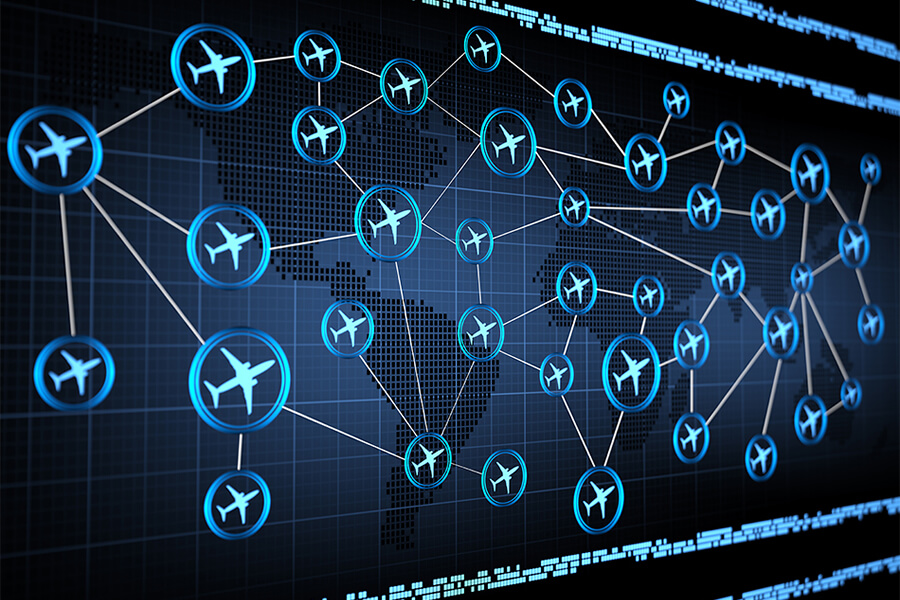
Common Challenges Faced by Flight Dispatchers
Weather-Related Disruptions:
- Mother Nature may be unpredictable, throwing a wrench into even the first-rate-laid plans. From unexpected thunderstorms to unexpected fog, weather disruptions can put off flights, reroute aircraft, and test the mettle of even the most pro dispatchers.
- Flight dispatchers ought to stay vigilant, tracking climate forecasts and updates in actual-time to assume potential disruptions and make proactive selections to limit their impact on flight operations.
Airspace Congestion and Traffic Management:
- In the busy skies, congestion is a constant task. With hundreds of flights crisscrossing the airspace every day, flight dispatchers must navigate a sensitive dance of visitors management to ensure safe separation among planes.
- Managing airspace congestion requires careful coordination with air visitors control, strategic path making plans, and the capacity to conform quickly to changing traffic styles to maintain flights on agenda and passengers transferring easily.
Strategies for Overcoming Challenges
Implementing Robust Contingency Plans:
- When faced with surprising challenges, practice is fundamental. Flight dispatchers broaden strong contingency plans to deal with a number of capability disruptions, from weather emergencies to technical troubles.
- These plans outline clear tactics for responding to various scenarios, together with exchange routes, diversion airports, and communication protocols with flight crews and ground body of workers. By having contingency plans in location, dispatchers can mitigate the impact of disruptions and preserve flights on track.
Utilizing Data Analytics for Predictive Analysis:
- In the age of massive information, statistics is power. Flight dispatchers harness the strength of information analytics to discover patterns, trends, and capability risks earlier than they boost into full-blown disruptions.
- By reading historic flight data, weather tendencies, and other relevant metrics, dispatchers could make knowledgeable predictions about destiny demanding situations and proactively enforce measures to mitigate their effect. From optimizing fuel usage to predicting airspace congestion, statistics analytics empowers dispatchers to live one step beforehand of the curve.
Case Studies: Success Stories

Showcase of Airlines with Exemplary Flight Dispatch Operations
Delta Air Lines:
- Delta Air Lines stands proud as a shining example of excellence in FD. With a reputation for punctuality and reliability, Delta’s FD operations are 2nd to none.
- Their meticulous making plans, proactive selection-making, and emphasis on safety have earned them a gap at the vanguard of the industry, putting the standard for others to comply with.
Singapore Airlines:
- Known for his or her extraordinary service and interest to element, Singapore Airlines additionally excels in flight dispatch operations. From seamless coordination with pilots to superior course optimization techniques, Singapore Airlines leaves no stone un turned in making sure clean and efficient flights.
- Their role as a leader in the aviation sector has been solidified by their dedication to quality and culture of continual development..
Analysis of Their Strategies and Practices for Smooth Operations
Emphasis on Safety and Compliance:
- Both Delta Air Lines and Singapore Airlines prioritize protection specifically. They adhere strictly to regulatory requirements and industry standards, making sure that every flight is performed with the very best ranges of safety and professionalism.
- By instilling a lifestyle of safety for the duration of their groups and making an investment in comprehensive education packages, those airways reduce dangers and create a steady environment for passengers and groups alike.
Utilization of Advanced Technology:
- Technology performs an important function within the achievement of each airlines’ flight dispatch operations. From present day dispatch software programs to advanced weather monitoring systems, Delta and Singapore Airlines leverage era to optimize flight planning, reveal real-time conditions, and make statistics-driven choices.
- By staying at the forefront of technological innovation and embracing new gear and answers, those airlines stay agile and responsive in an ever-converting aviation panorama.
Conclusion

As we wrap up our adventure through the arena of flight dispatch, it’s clear that gaining knowledge of this vital aspect of aviation is vital for making sure smooth airline operations. Let’s take a moment to recap why flight dispatch is so vital and mirror the key insights we’ve received along the way.
Recap of the Importance of Mastering Flight Dispatch for Smooth Airline Operations
Flight dispatch is the spine of airline operations, orchestrating the problematic dance of flights with precision and care. From meticulous pre flight making plans to actual-time choice-making, flight dispatchers play a pivotal position in ensuring that flights take off and land safely, on time, whenever.
By learning flight dispatch, airways can:
- Improve operational efficiency and reduce fees
- Enhance protection and mitigate risks
- Increase purchaser satisfaction and loyalty
Key Takeaways and Actionable Insights for Airlines and Flight Dispatchers
As we’ve discovered, there are several key practices and techniques that make contributions to powerful flight dispatch. Some key takeaways include:
- Prioritize safety specifically else and cling to regulatory necessities and enterprise standards.
- Embrace technology and leverage statistics analytics to optimize flight planning and decision-making.
- Foster clear conversation and collaboration among dispatchers, pilots, and operational staff.
- Develop sturdy contingency plans to address unexpected demanding situations and disruptions.
- Embrace a lifestyle of continuous improvement and innovation to stay beforehand of industry adjustments and traits.
Encouragement for Continuous Improvement and Adaptation to Industry Changes
In the ever-evolving global of aviation, the simplest steady is exchange. Aspiring flight dispatchers and airlines alike must include an attitude of continuous development and version to remain aggressive and a hit in the end.
By staying agile, proactive, and open to innovation, we will navigate the challenges of the industry with confidence and resilience. Let’s decide to hone our abilities, embracing new technology, and running together to ensure that the skies stay secure, green, and accessible for all.
So, whether or not you’re a pro flight dispatcher or simply starting your journey in aviation, remember: studying flight dispatch isn’t always pretty much dealing with flights – it’s approximately getting to know the artwork of retaining the skies secure and the journeys clean. Let’s jump to new heights together!
FAQs

What is flight dispatch and why is it important?
- Flight dispatch involves the planning, coordination, and monitoring of flights to ensure safe and efficient operations. It’s crucial because it ensures that flights take off and land safely, on time, and in compliance with regulatory requirements.
What are the key responsibilities of a flight dispatcher?
- Flight dispatchers are responsible for tasks such as weather analysis, aircraft performance calculations, route planning, communication with pilots and air traffic control, and adherence to safety protocols and regulations.
How do flight dispatchers handle weather-related disruptions?
- Flight dispatchers continuously monitor weather conditions and assess their impact on flight operations. They may adjust flight routes, delay departures, or reroute aircraft to avoid adverse weather and ensure passenger safety.
What role does technology play in modern flight dispatch?
- Technology plays a significant role in modern flight dispatch, with advanced software and tools used for weather forecasting, route optimization, real-time monitoring, and communication. These technologies enhance efficiency and decision-making.
How can airlines benefit from effective flight dispatch?
- Effective flight dispatch can lead to improved operational efficiency, reduced costs, enhanced safety, and increased customer satisfaction. By optimizing flight planning and execution, airlines can achieve smoother operations and better overall performance.
Facebook: https://www.facebook.com/profile.php?id=61556242913524
Instagram: https://www.instagram.com/contentflyers0/
Twitter: https://www.twitter.com/contentflyers0/
Pinterest: https://www.pinterest.com/contentflyers0/
Reddit: https://www.reddit.com/user/contentflyers0
Medium: https://medium.com/@contentflyers0/
